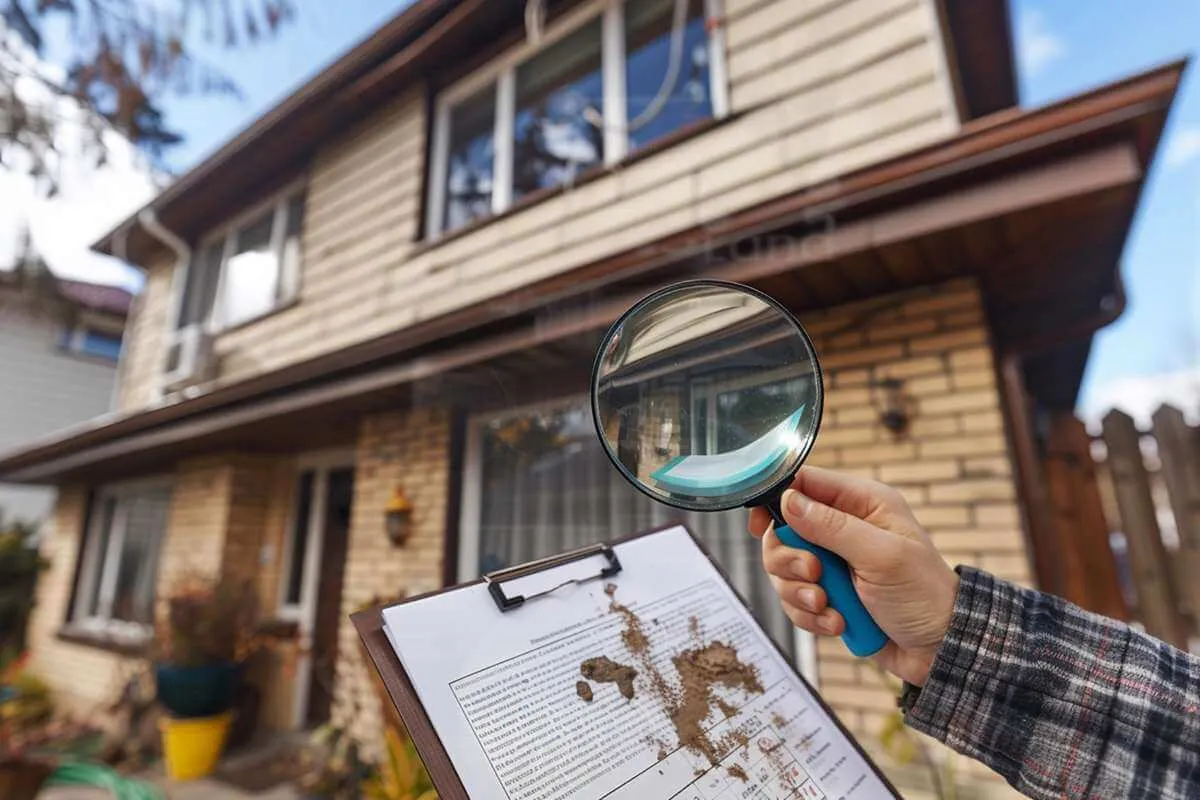Should the Seller be Present During the Home Inspection

Selling a home could be a stressful process. Many uncertain moments for a seller can come during the home inspection. Once your home goes under contract, the buyer typically schedules a professional inspection to evaluate its condition.
The inspection can lead to repair requests, negotiations, or even a deal failing. So, many sellers raise a question: Can the seller be present during a home inspection? Let’s take a closer look at the best practices for a smoother home inspection experience for both buyers and sellers.
Can the Seller be Present During a Home Inspection
The short answer is yes, the seller can be present during a home inspection. There are no legal rules or real estate regulations that prohibit it. However, just because it is allowed doesn’t mean it’s always a good idea to attend the inspection as a seller.
In most real estate transactions, the seller is encouraged to give the buyer space during the inspection; the buyer, their real estate agent, and the home inspector usually prefer to walk through the home freely, ask questions, and discuss findings without any added pressure of the seller being present.
Should The Seller be Present During the Home Inspection
In most cases, the answer is no. While it might seem helpful to stick around and answer questions, the presence of the seller can actually make the process more tense, emotional, or awkward.
Reasons a Seller Should Not Attend an Inspection
There are some reasons mentioned below that elaborate why a seller should not attend a home inspection:
Buyers Need Room to Breathe
Before making a big purchase, a home inspection is the opportunity for buyers to take a close look. They may have concerns, doubts, or questions, and they should feel comfortable asking those openly.
If the seller is present, buyers may hold back criticism or avoid asking tough questions they should ask during an inspection.
Inspectors Work Best Without Distractions
Home inspectors are trained professionals, but like anyone, they work more efficiently when they can move freely and do their work with focus. Sellers who trail behind or jump in with explanations can unintentionally interrupt the flow of work of the home inspectors.
Emotions Can Get in the Way
Sellers are often emotionally attached to their homes. When an inspector calls out a flaw or the buyer questions a feature, it can feel personal. This can lead to defensive or even tension that isn’t helpful to the transaction.
Common Reasons Sellers Want to Be Present During a Home Inspection
Even though staying away is usually the best, many sellers feel strongly about being present during the inspection. Here are a few reasons that sellers give:
“I Want to Answer Questions Directly”
You might believe you are the best person to explain the functionality of things. While the sellers’ information about their properties is valuable, it is better to provide it in writing before the inspection or explain things at the negotiation table to resolve the issues.
“I Don’t Want Anyone Snooping Through My Stuff”
Home inspectors are professionals. Their job isn’t to judge your belongings but to inspect the condition of the property. If you are concerned about privacy, secure your valuables or place them in a locked drawer before inspection.
“I Want to Make Sure the Inspector is Being Fair”
Understandably, you want to protect your interests. But being present during a home inspection won’t give you control over what’s said in the final report. However, it is a fact that reputable inspection companies always provide an unbiased and honest inspection report, so the sellers should not be worried about it.
What the Seller Should Do Before the Home Inspection
While it’s best that sellers don’t attend a home inspection, they can do the following for a smooth inspection process:
- Clean the Home
A clean home sends a positive message. It shows the buyer and inspector that the property has been well-maintained. It also makes it easier for the inspector to access key areas.
- Unlock Access Points
Make sure the inspector can access all the spaces they need to check, such as the attic, crawlspaces, garage, electrical panel, water heater, HVAC units, basement, and foundation. If any areas are inaccessible, it may raise questions or trigger a re-inspection.
- Leave Utilities On
If the home is vacant, make sure water, gas, and electricity are turned on. Inspectors need to test appliances, outlets, plumbing fixtures, and HVAC systems. Without the utilities, the report will be incomplete.
- Provide Maintenance Records
Leave copies on the kitchen counter if you have kept receipts or records of repairs, upgrades, or maintenance. This builds trust and shows the buyer the home has been cared for.
Final Takeaway
So, if you are thinking: can the seller be present during a home inspection, the technical answer is yes, but if you ask, should the seller be present during home inspection day? Then the answer is no.
The seller should prepare the building for an easier and better inspection. This way, the buyers will have trust built in the seller, and there is a good chance of getting a deal closer in a shorter period of time. If there are any concerns, you can consult professionals to clarify your concerns.